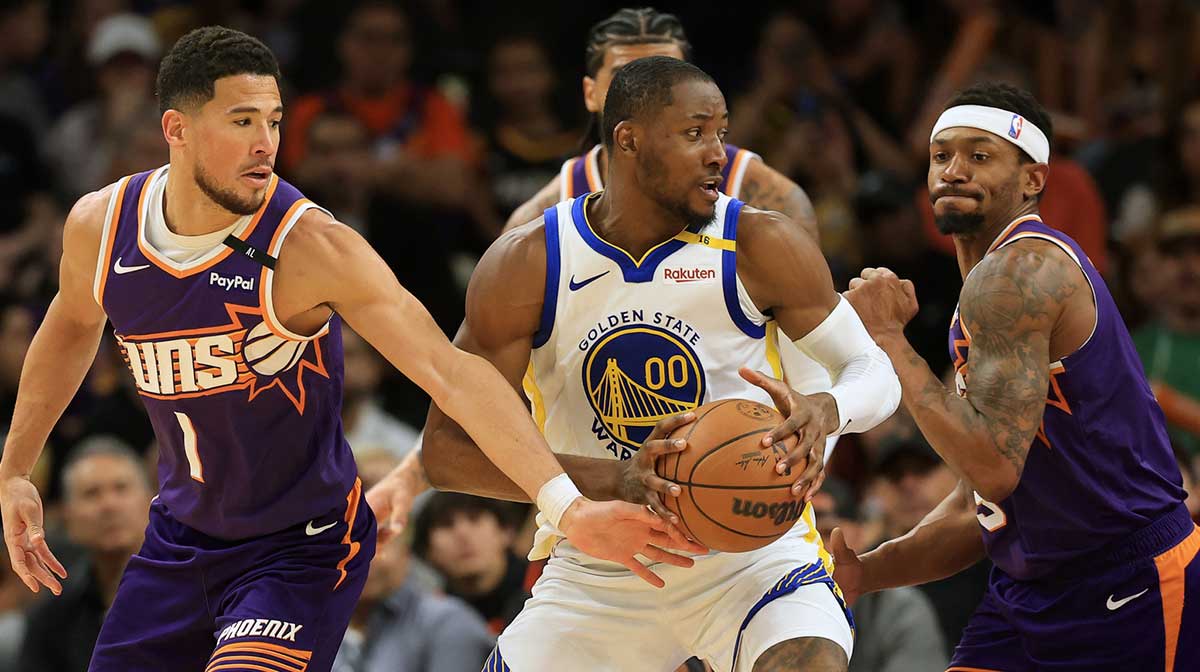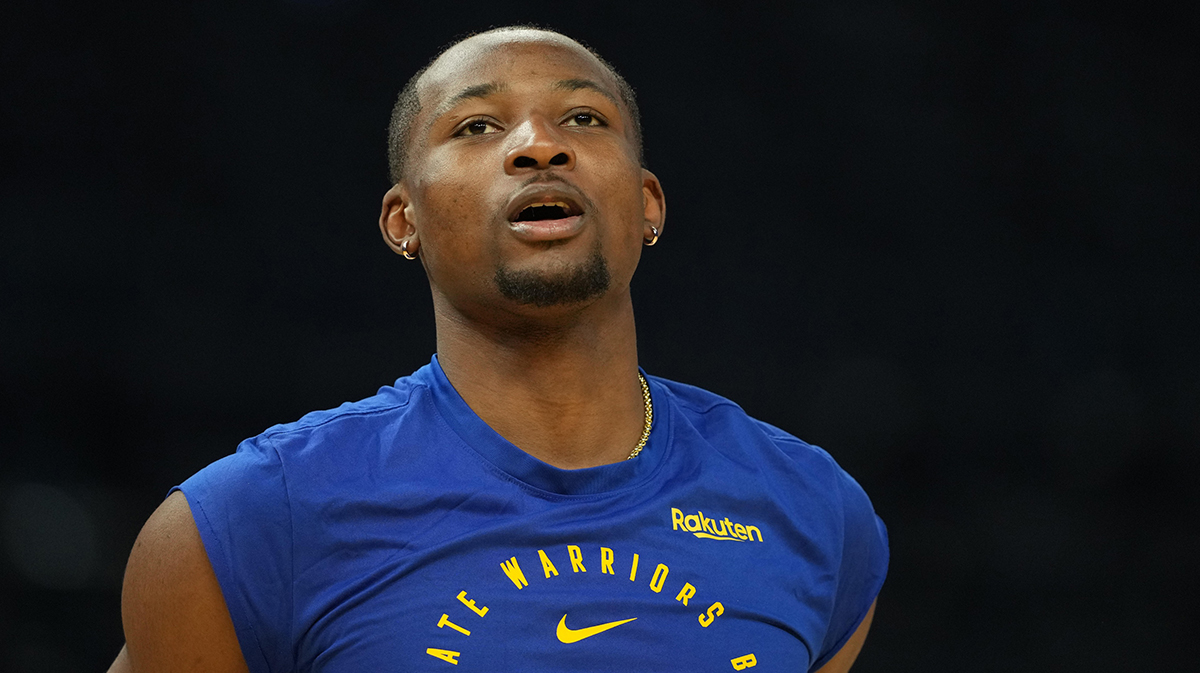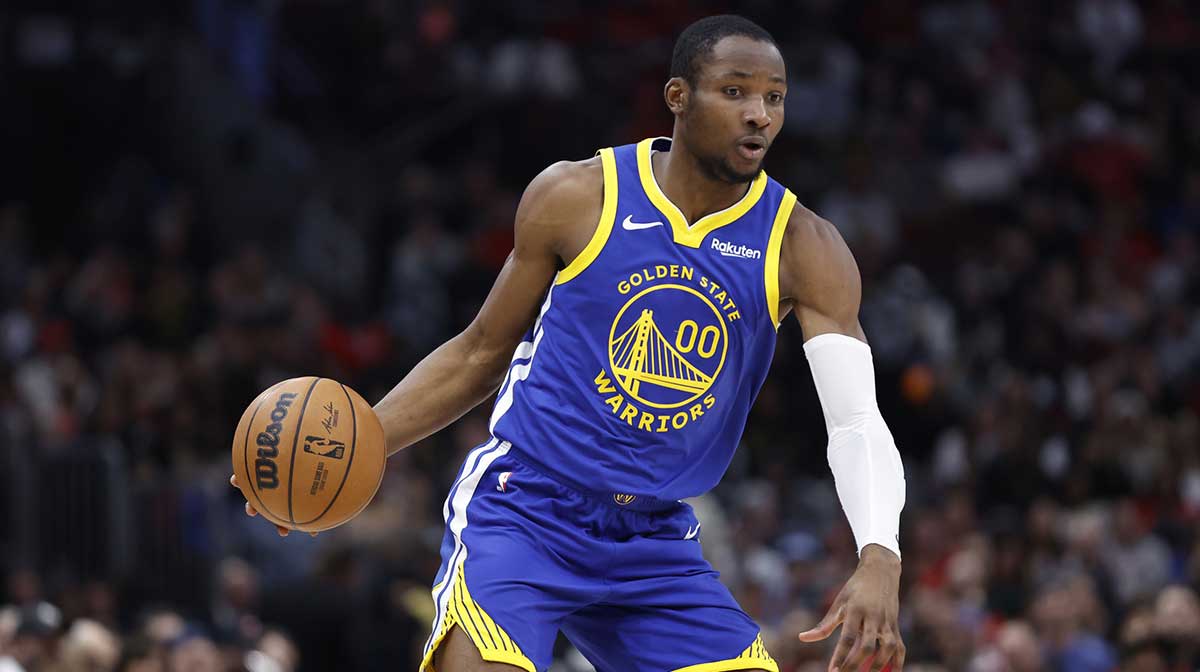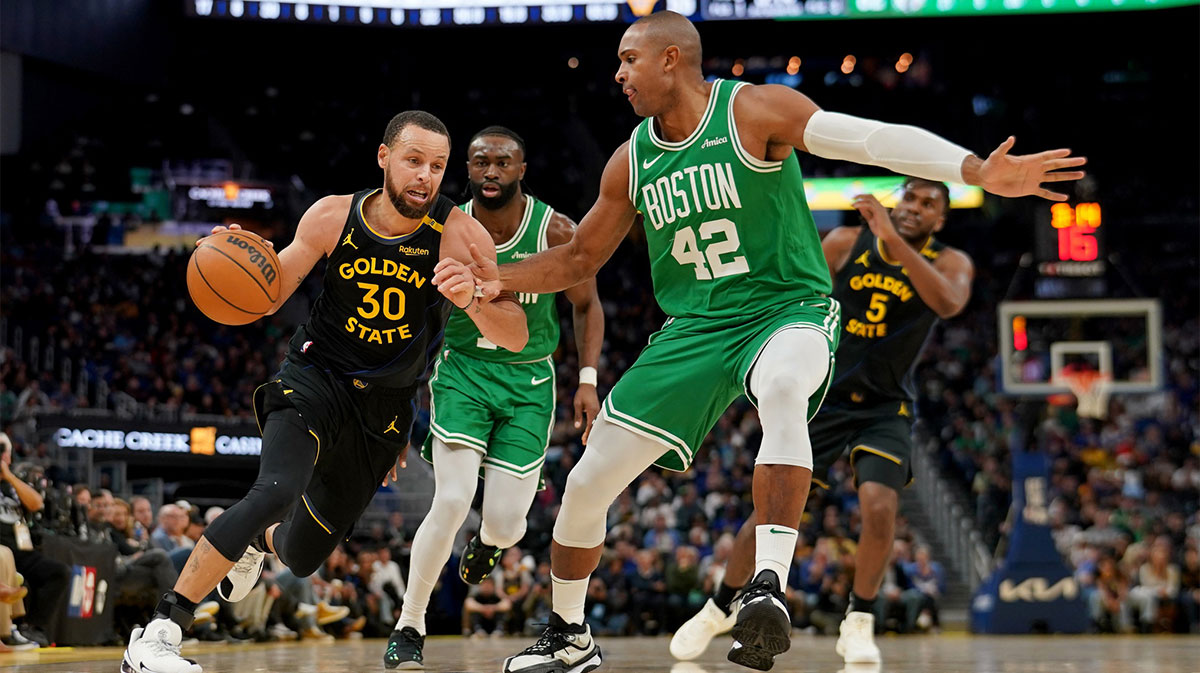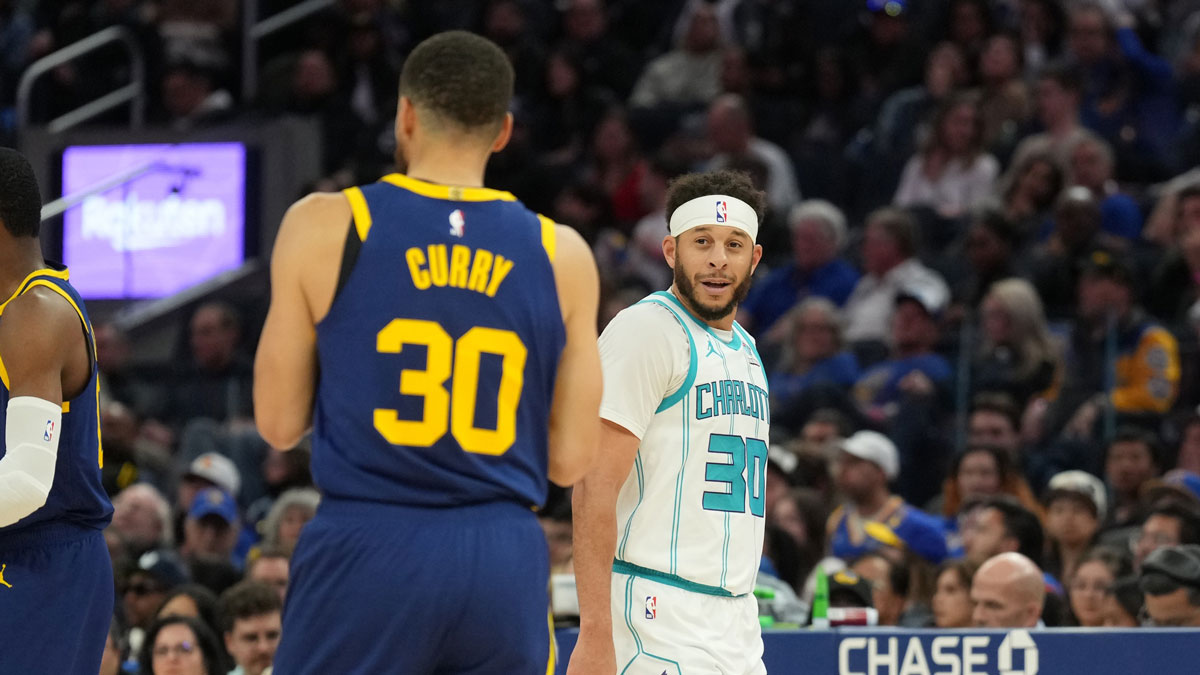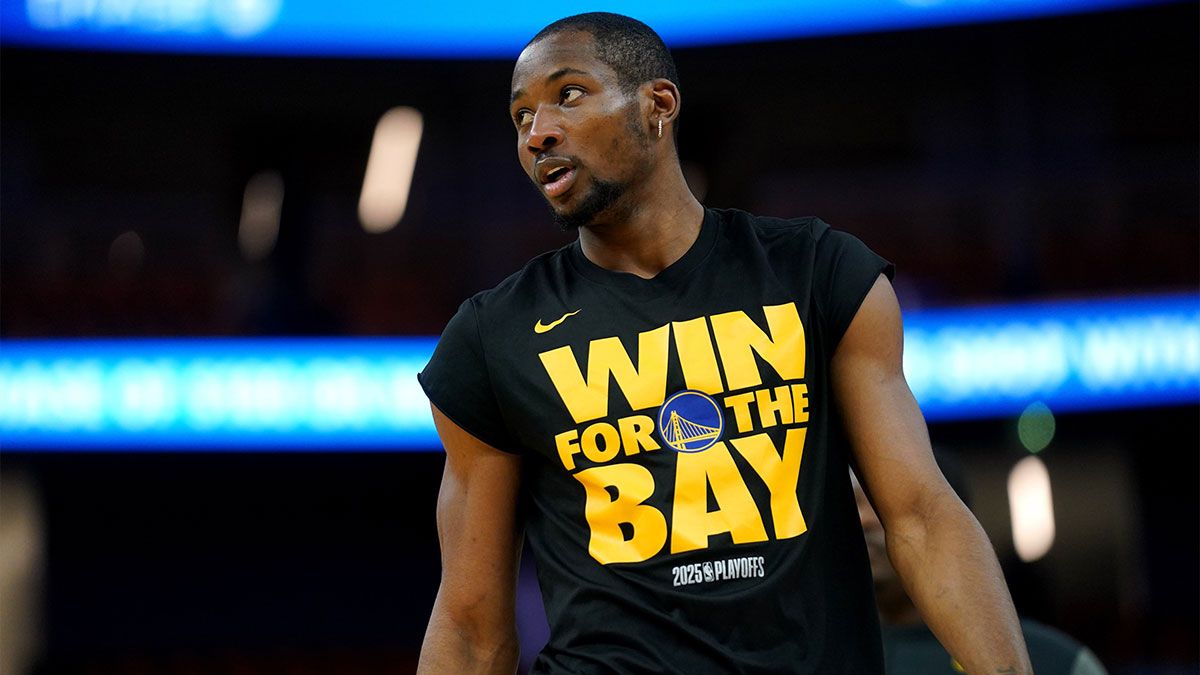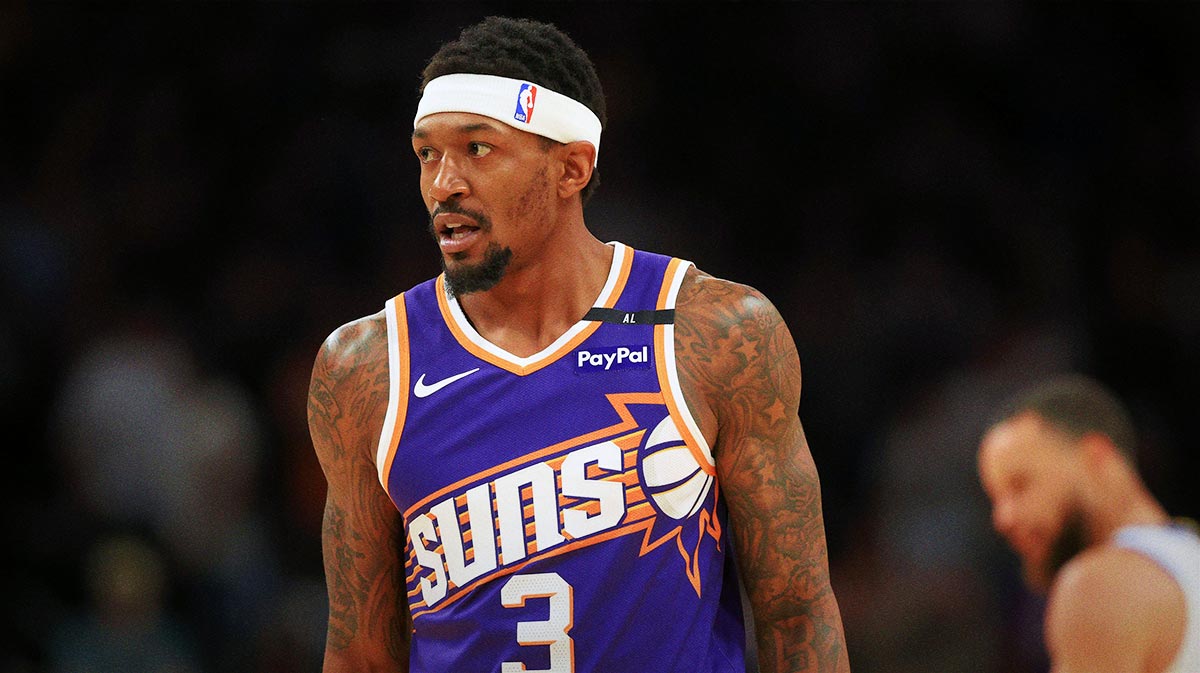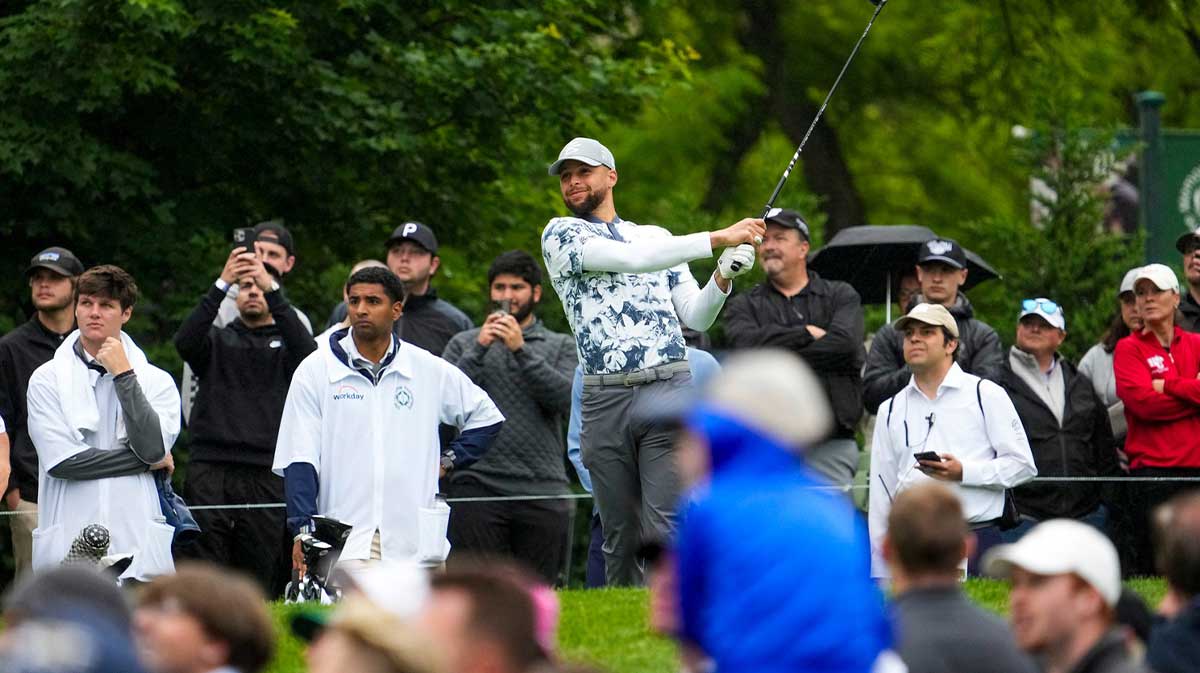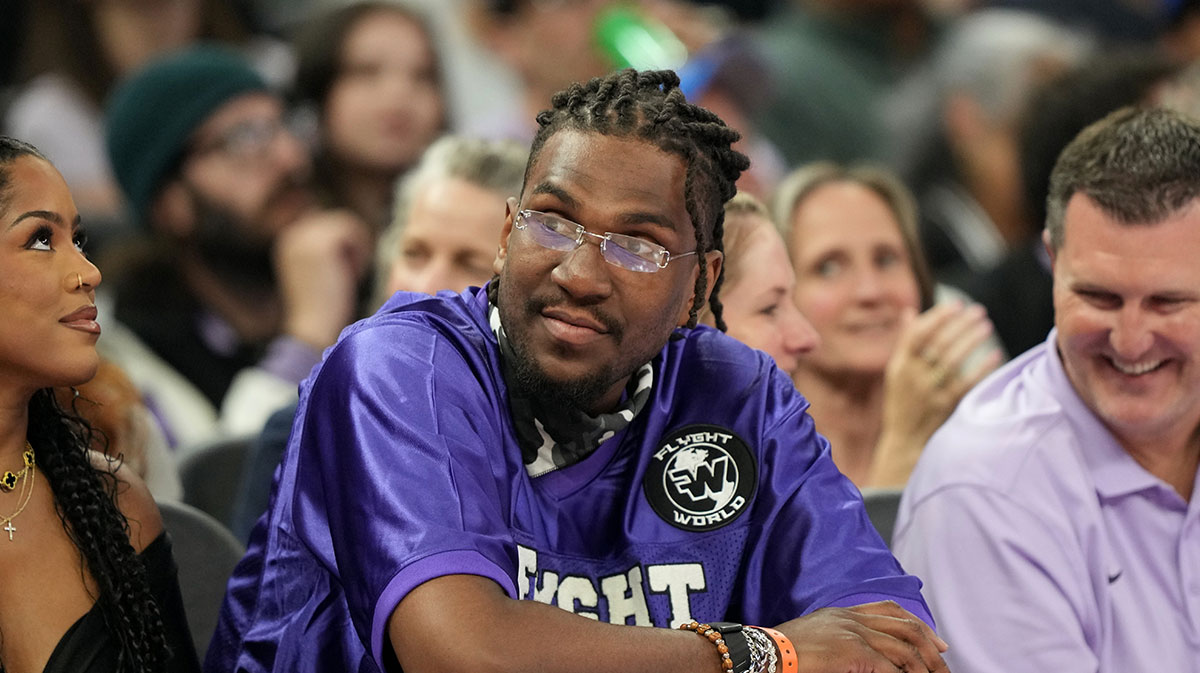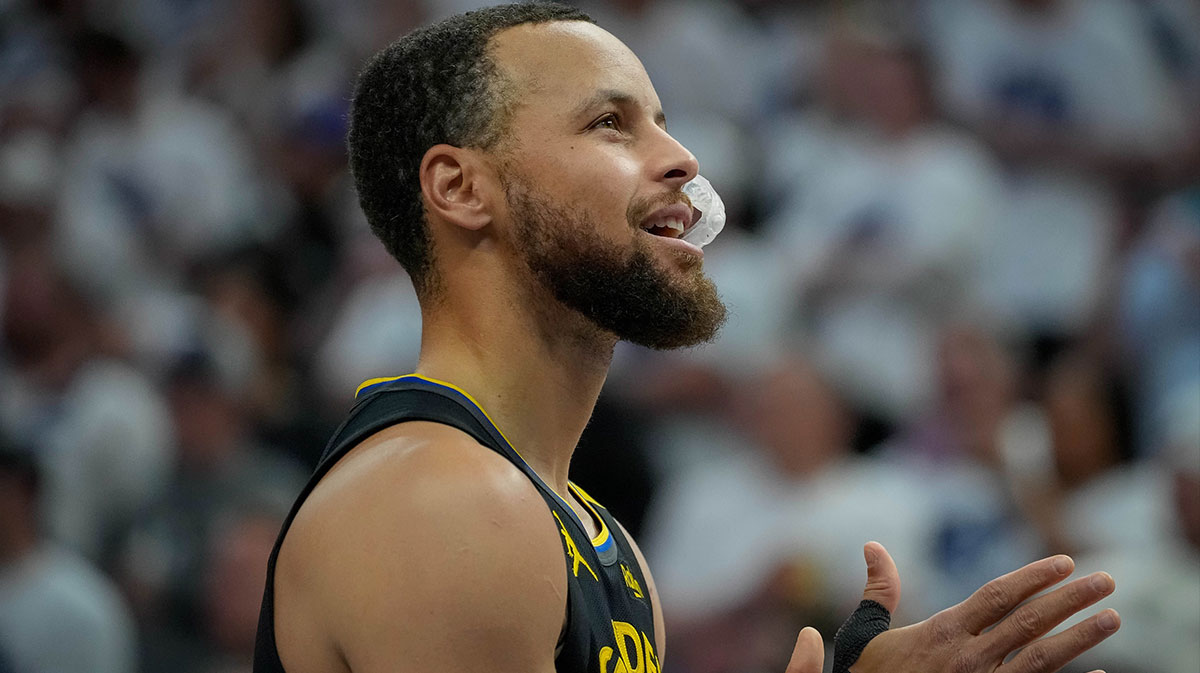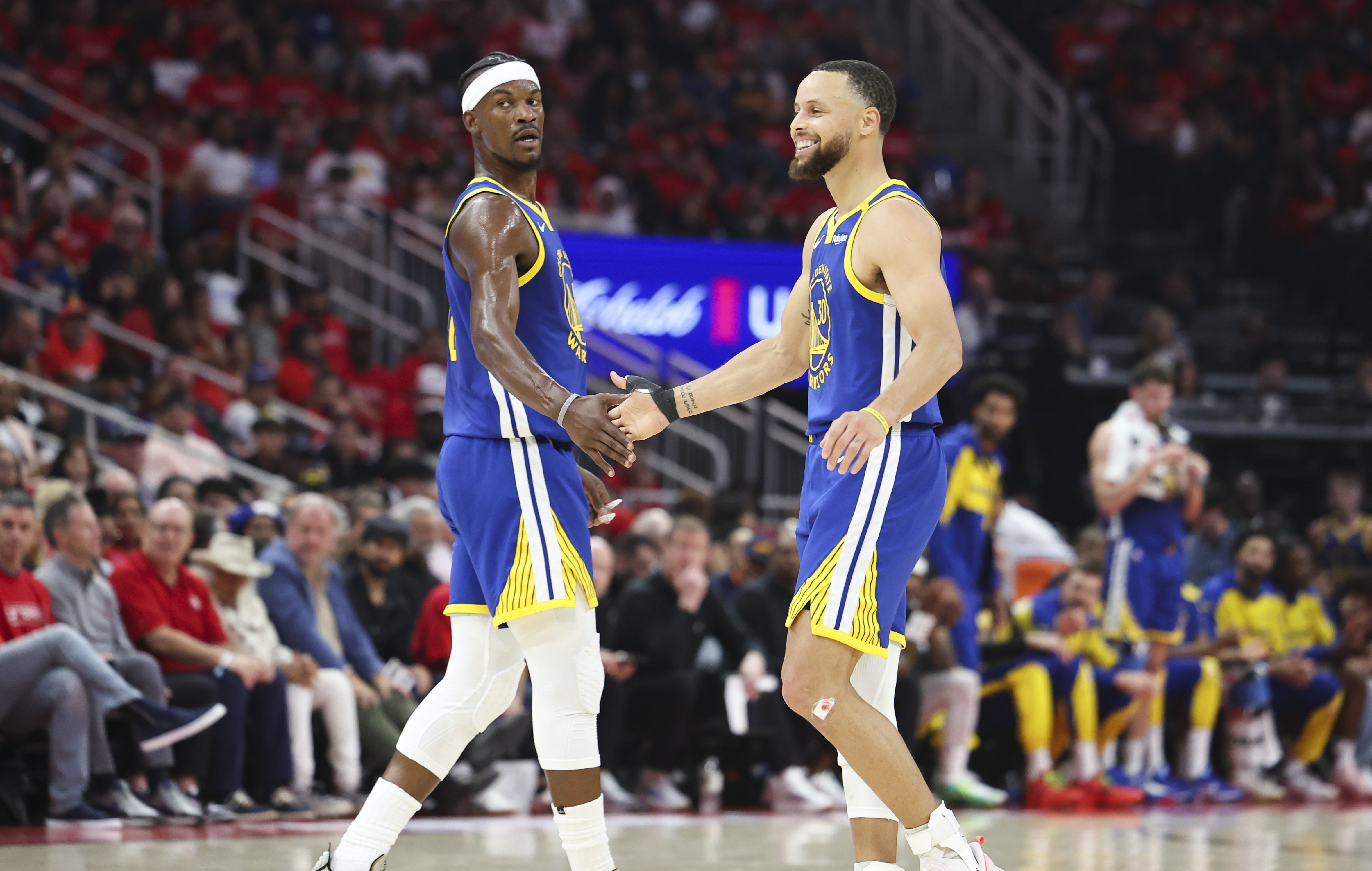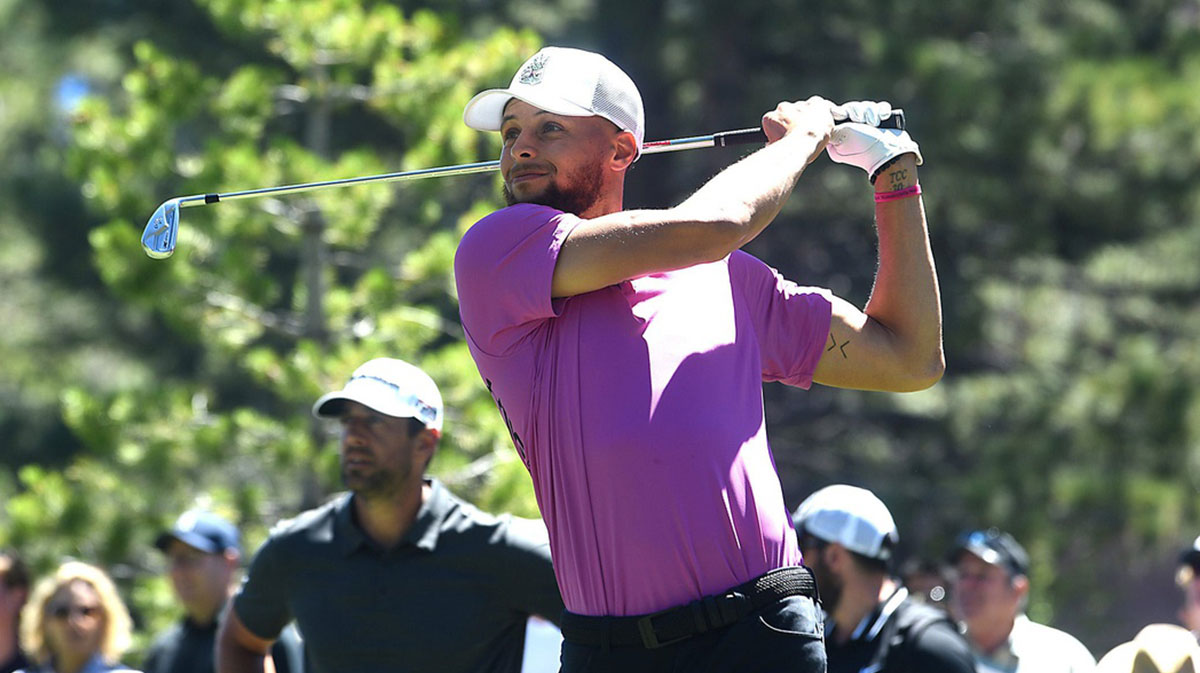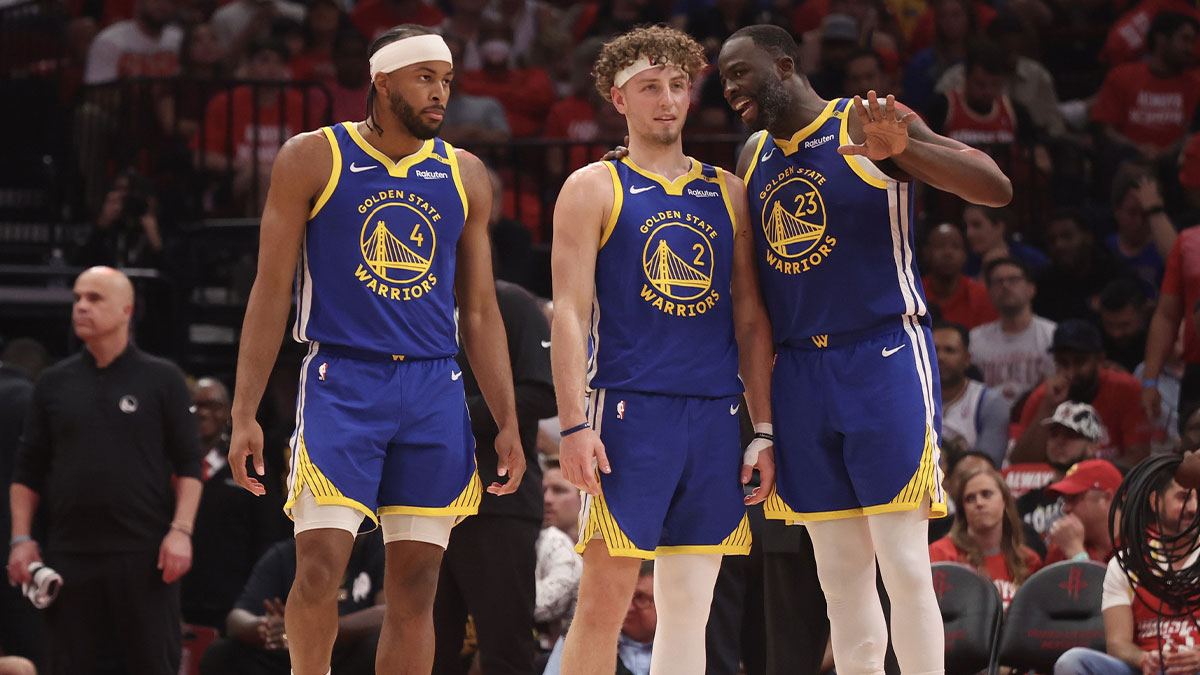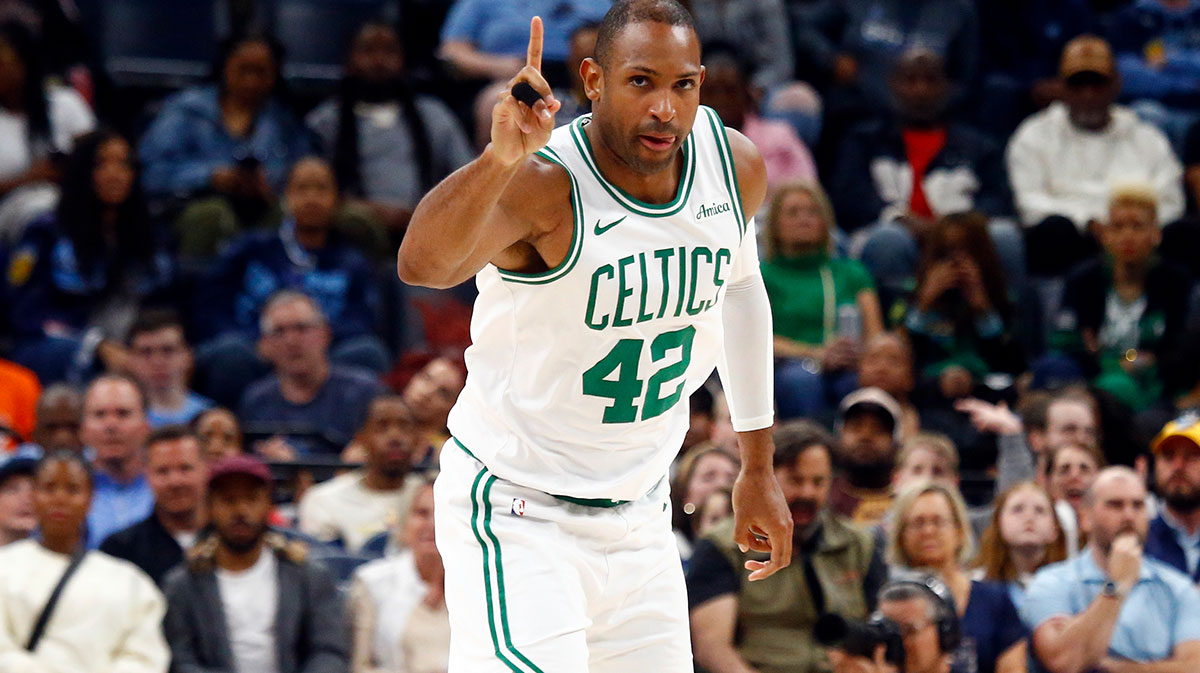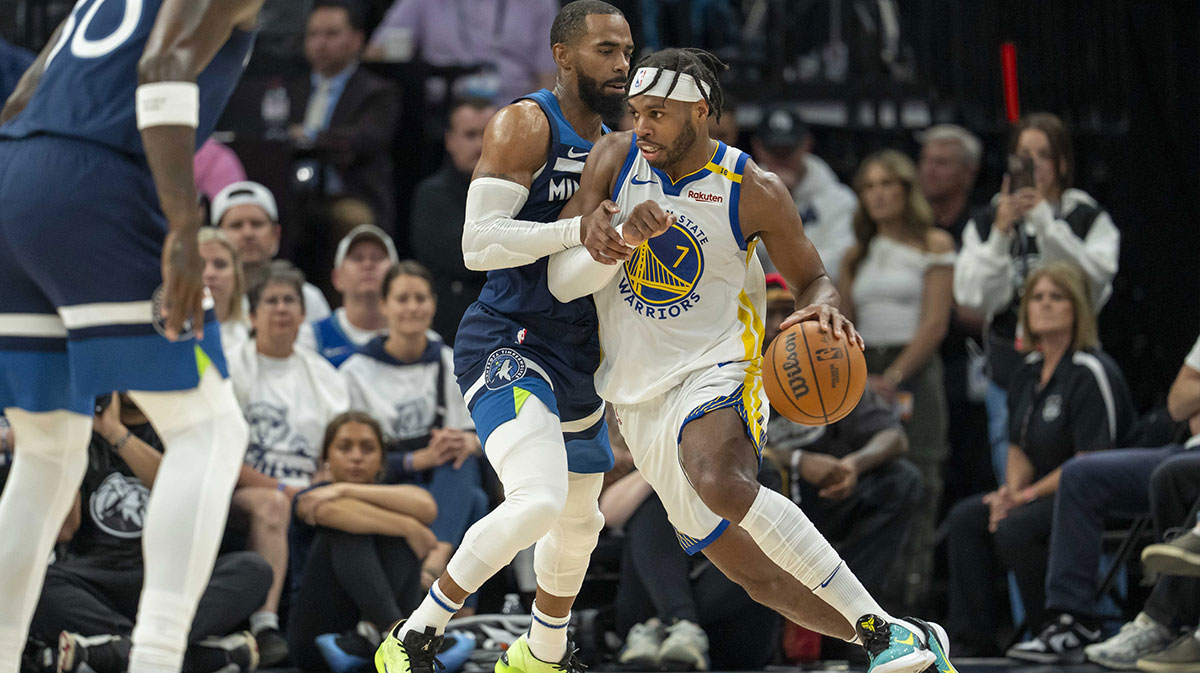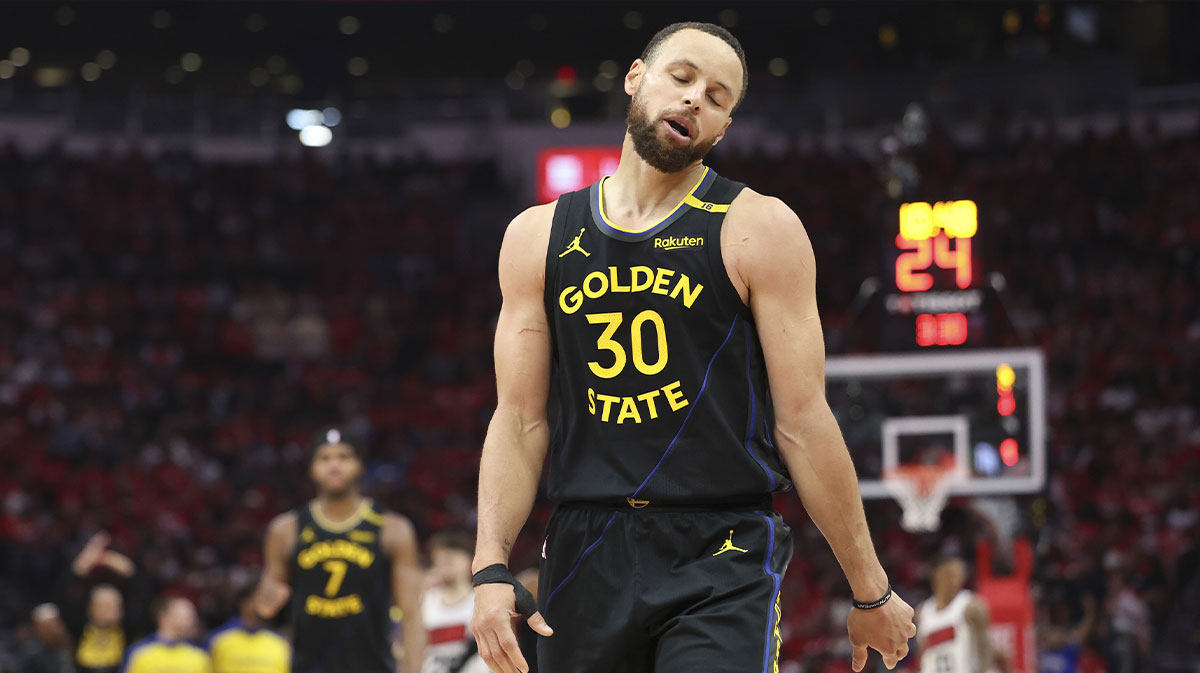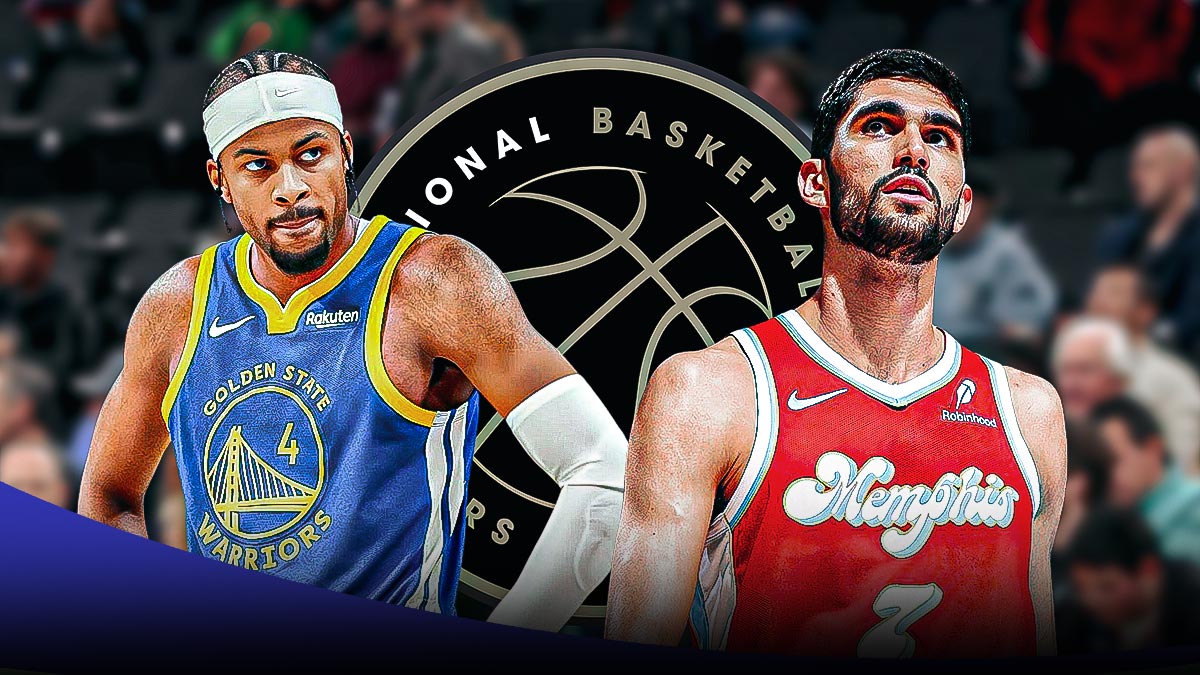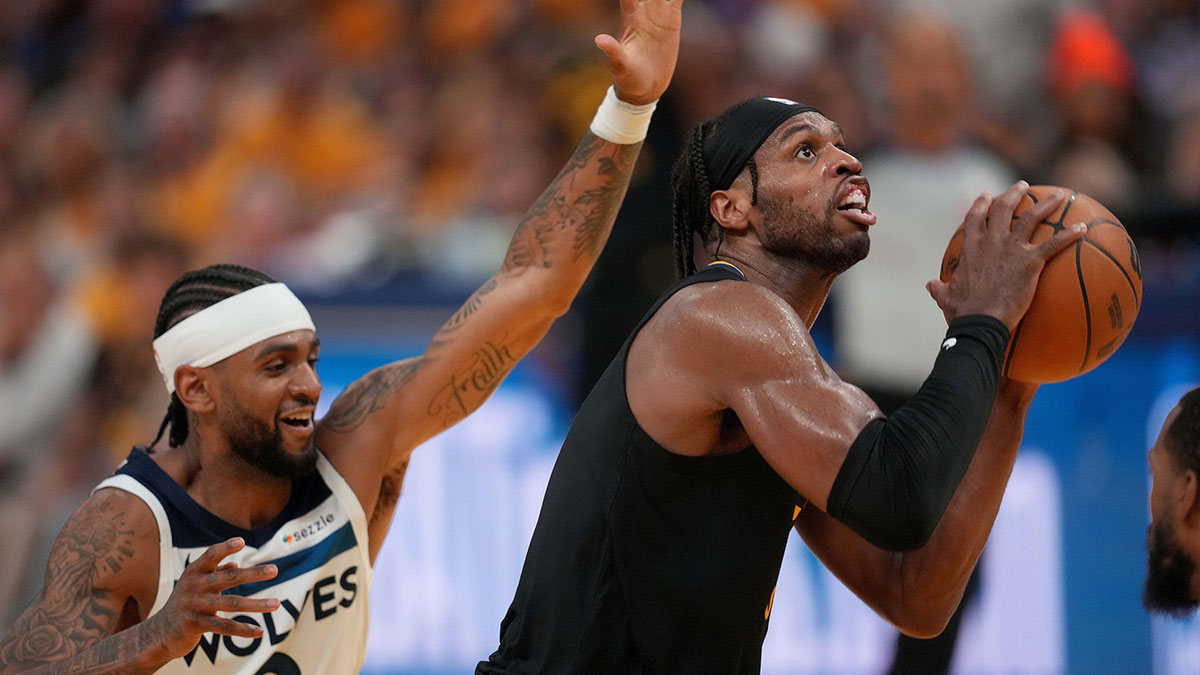Perhaps the Golden State Warriors' most iconic team in franchise history didn't even make it out of the second round of the playoffs.
What Don Nelson, Baron Davis, Stephen Jackson, and company pulled off in the first round, though, is nevertheless one of the most memorable upsets in recent postseason history – and more importantly, provided a glimpse of the organization's dominance to come nearly a decade later.
The 2006-07 Warriors were nothing special during the regular season on the surface. Nelson's team went 42-40, finishing ninth in offense and 21st in defense, with a net rating three-tenths of a point below even – 13th in the league.
But Golden State played with a flair and flavor that belied their standing as an also-ran, a mindset of staunch, occasionally brash self-assuredness that guard Jason Richardson recently credited to its collective lack of prior individual success.
“We had a team full of journeymen,” he said in February, per The Mercury News. “We had a team full of guys that were trying to prove ourselves.”
Nelson fed into the Warriors' desire to defy expectations on their own terms by implementing small-ball and its accompany principles years before that style of play was en vogue. Only two traditional big men, Andris Biedrins and Troy Murphy, were part of Golden State's regular rotation.
The Warriors ranked first in pace, second-to-last in defensive rebounding rate, and first in opponents' turnover percentage.
They were playing like the modern-day Houston Rockets offensively, prioritizing shots from the beyond the arc, the paint, and the free throw line while ignoring the mid-range.
Looking back, of course, it's easy to see that Golden State wasn't the postseason's typical eight seed.

But in 2007, when the San Antonio Spurs swept the Cleveland Cavaliers in an ugly, drag-out NBA Finals that included an 82.7 pace – nearly 20 possessions below current league average – the Warriors were considered more an entertaining sideshow than a potential thorn in the side of the Dallas Mavericks, the league's top playoff seed and prohibitive title favorite.
All that changed after Game 1 of the teams' first-round series.
Golden State beat Dallas 97-85 at American Airlines Center, with Davis dropping 33 points, 14 rebounds, and eight assists.
Nelson committed to playing small full-time, with Jackson and Al Harrington as his team's starting frontcourt, a gambit that not only led to the Mavericks benching starting center Erick Dampier and downsizing, but also frustrating eventual MVP Dirk Nowitzki.
Dallas coach Avery Johnson adjusted after that shocking Game 1 result, putting Dampier or fellow seven-footer DeSagana Diop in the starting lineup in every game for the series' remainder. Nelson even followed suit, starting Andris Biedrins for its final four games.

None of that gamesmanship mattered in the end. Golden State had set the matchups' terms of engagement, forcing the heavily-favored Mavericks out of their comfort zone by bombing away from three, throwing multiple like-sized defenders at Nowitzki, and pushing the ball up the floor at every available opportunity by employing at least four ball handlers at all times.
The result was a 4-2 victory for the Warriors, one of the most unforeseen upsets in the history of the playoffs.
The team's rallying cry, “We Believe,” can still be seen on shirts and signs at Oracle Arena some decade-plus later, after Golden State has lived up to the promise of that beloved, game-changing predecessor by fully embracing the concepts it first made popular en route to three championships in four seasons.
“He didn’t really get a whole lot of credit for the revolution that’s going on now,” Steve Kerr said of Nelson last month, “but he was ahead of his time.”
And there's no better embodiment of that reality than the “We Believe” Warriors.

